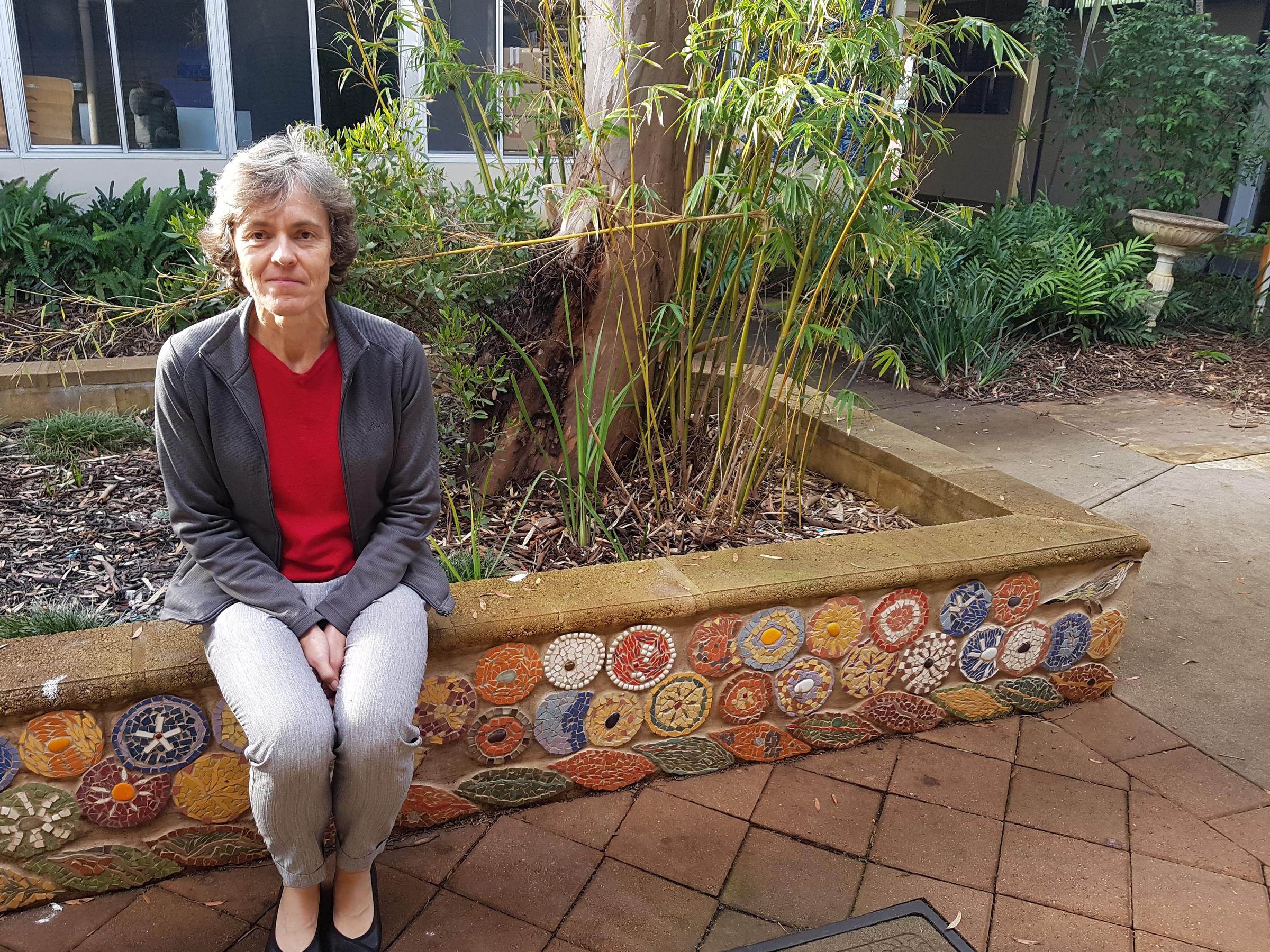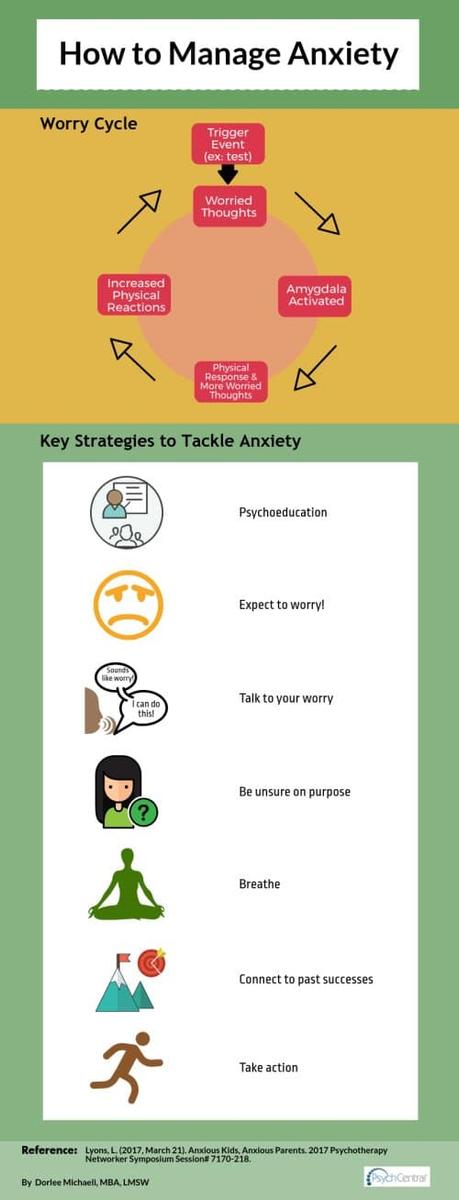Chaplain's Corner
Louise Lathbury

Chaplain's Corner
Louise Lathbury


This week I have had a few conversations about anxiety- in children, teenagers and adults. As a parent, when our children display this behaviour, it is both frustrating and frightening. If a child is anxious about school, it is important to make sure that there aren’t problems with friends, school work, a new teacher, or physical (e.g. cross country), or social (having the ‘wrong clothes or lunch’) challenge.
Feeling anxious is a physiological response from our brain when it thinks there is danger (real or perceived). Our brain makes sure our body has enough fuel (oxygen, adrenaline, hormones) to make us strong, fast and powerful, and either fight the danger or get away from it. We can feel breathless, red in the face, dizzy or confused, have a pounding heart, be sweaty, feel tense, have wobbly legs, or feel like crying or fighting or vomiting. Your body is doing its best to keep you alive and safe. Even if deep inside we know that there is nothing to worry about, our brain does not always listen.
What can we do to help ourselves or our children?


Although we might want to protect our children from things that worry them, in reality, they will not be able to permanently avoid leaving their Mum, tests or exams, dogs, vaccinations, flying, social events, loud noises, or public speaking. One article I came across suggested gradual exposure after breaking the worry into manageable chunks and having a checklist for facing the anxiety. As parents, it is our responsibility to help our children through the challenges they have in life, using the support we can gain through school, organisations that promote mental health (Headspace, Reachout, Kids Helpline), and practitioners recommended by our GP.
https://kidshelpline.com.au/teens/issues/why-am-i-anxious
https://www.heysigmund.com/school-anxiety-what-parents-can-do/
https://pro.psychcentral.com/6-tips-to-help-kids-manage-anxiety/

